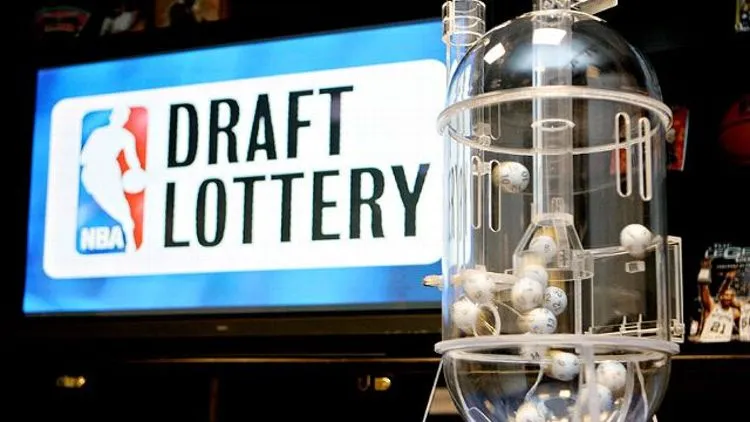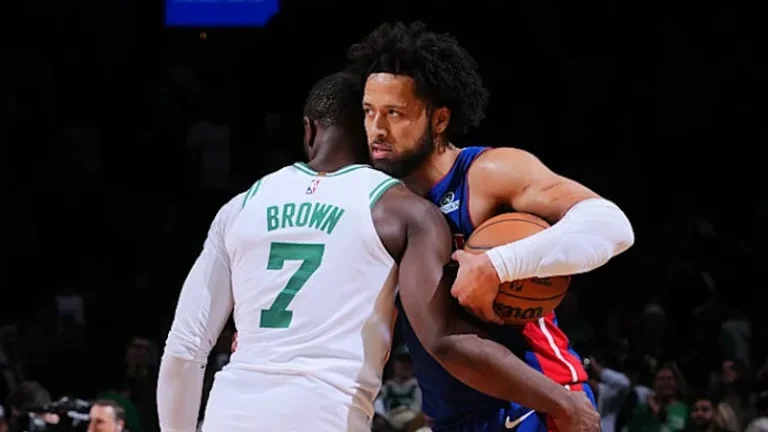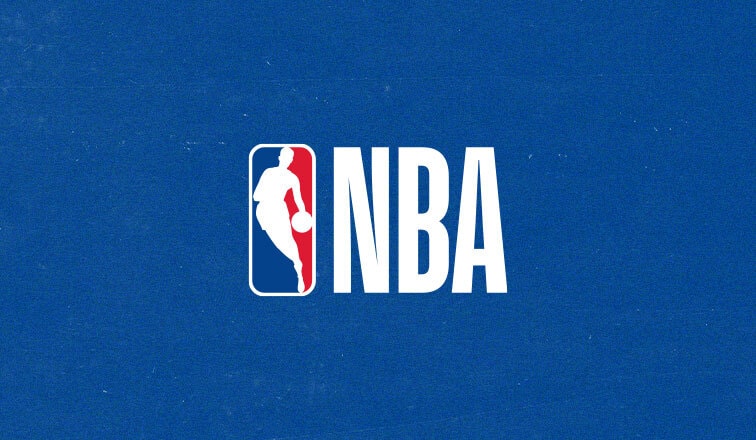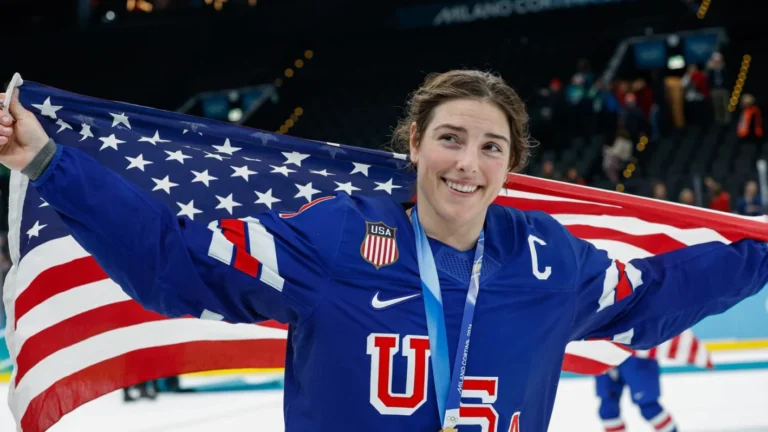
Ah, yes. Charter flights. The grown-up version of a gold star, now being handed out selectively across the WNBA like a semi-generous corporate memo that someone swears is a raise.
This week’s case study in professional sports politics wrapped in logistical absurdity? The Indiana Fever—currently the most watched, most dissected, and most commercially viable team in the WNBA, thanks to rookie sensation Caitlin Clark—spent the night doing their best Tom Hanks impression in what one can only assume was an emotionally sterile terminal lounge. Their league-provided charter flight? It didn’t show. Why? Unclear. Perhaps it was overbooked, perhaps it was never real, or perhaps someone simply forgot that growth requires infrastructure.
This little mishap, of course, comes on the heels of the WNBA’s shiny new promise to provide charter flights for teams. A milestone, we were told. A symbol of progress. Apparently, that symbol is being interpreted with a touch of creative license. Because while some teams are being whisked through the sky in peace and privacy, others are apparently playing travel roulette.
Let’s not dance around it: The uneven rollout of charter flights reveals everything about the current state of the league. There’s investment—just not everywhere. There’s progress—but only where it’s photogenic. The message, politely wrapped in PR speak, is clear: If your ticket sales are hot and your social media metrics sparkle, we’ll throw you a bone. Everyone else? Keep those neck pillows handy.
Now, it’s worth stating what many won’t: this isn’t a Caitlin Clark problem. It’s a league-wide growing pain being painfully exposed by her gravitational pull. Clark is the catalyst, not the cause. Her arrival simply forced the WNBA’s hand faster than its planning department was ready for. You don’t triple your viewership and double your revenue projections without someone eventually noticing the players are still sprinting through airports like they’re trying to make a connecting flight to summer league. Commissioner Cathy Engelbert did issue a statement noting that the full implementation of charter flights is a “process.” Yes, and technically, so is continental drift. One has to wonder: if a team with the league’s brightest spotlight and busiest schedule can still be left stranded overnight, what does that say about commitment to the rest?
This is where the politics settle in. Not the loud kind that makes headlines, but the slow, structural kind that defines who gets what—and when. Charter flights are not just a travel perk; they’re a competitive necessity in a league with back-to-back games in cities that do not always play nicely with commercial flight schedules. Inconsistency here doesn’t just impact convenience—it reshapes outcomes.
But here’s the quiet irony: for all the chatter about professionalism, legitimacy, and elevating the women’s game, basic infrastructure is still being rationed like rations in a budget cut. So yes, the Indiana Fever eventually made it to New York. And yes, they played their game. But the real performance happened behind the scenes. Once again, players are expected to shoulder the weight of a growing league with grace, grit, and not a peep of complaint. It’s a tradition as old as women’s sports itself: do more with less, smile while doing it, and God help you if you miss a media availability.
The WNBA is, in many ways, in its golden moment. Attention is high. Public support is there. Corporate partners are finally stepping up. The league has never had more eyes, more stars, or more opportunity. What it needs now is less symbolism and more systems.
Until then, someone please forward the flight itinerary next time. Or better yet—just book the plane.
Author Profile
- Tessa Winkleman is a dynamic scholar-athlete and aspiring sports law professional. Raised in Las Vegas before heading to Michigan (Go Blue!), she earned a Division I volleyball scholarship to St. Francis College in Brooklyn. After transferring to Hunter College, she led her team as MVP, earning numerous athletic and academic honors. Tessa has interned at McShane & Bowie LLP and the PREA Investigation Unit at Rikers Island, combining her passions for justice and advocacy. She is set to pursue a master’s degree in Sports Law and Management at the Universidad Europea de Madrid, in partnership with Real Madrid FC.
Latest entries
 PoliticsJuly 10, 2025Courtside Diplomacy: How Tennis Became the Quiet Power Player in Global Politics
PoliticsJuly 10, 2025Courtside Diplomacy: How Tennis Became the Quiet Power Player in Global Politics BusinessJuly 9, 2025Red, White, and Grass Stains: What the 2026 FIFA World Cup in the U.S. Says About Soccer, Politics—and Lawn Care
BusinessJuly 9, 2025Red, White, and Grass Stains: What the 2026 FIFA World Cup in the U.S. Says About Soccer, Politics—and Lawn Care SportsJuly 4, 2025Gold Medals, Clean Reputations? The Curious Case of Sportswashing in 2025
SportsJuly 4, 2025Gold Medals, Clean Reputations? The Curious Case of Sportswashing in 2025 TennisJuly 3, 2025Ben Shelton Serves Up A Racket: When Tennis Meets Politics at Wimbledon
TennisJuly 3, 2025Ben Shelton Serves Up A Racket: When Tennis Meets Politics at Wimbledon






